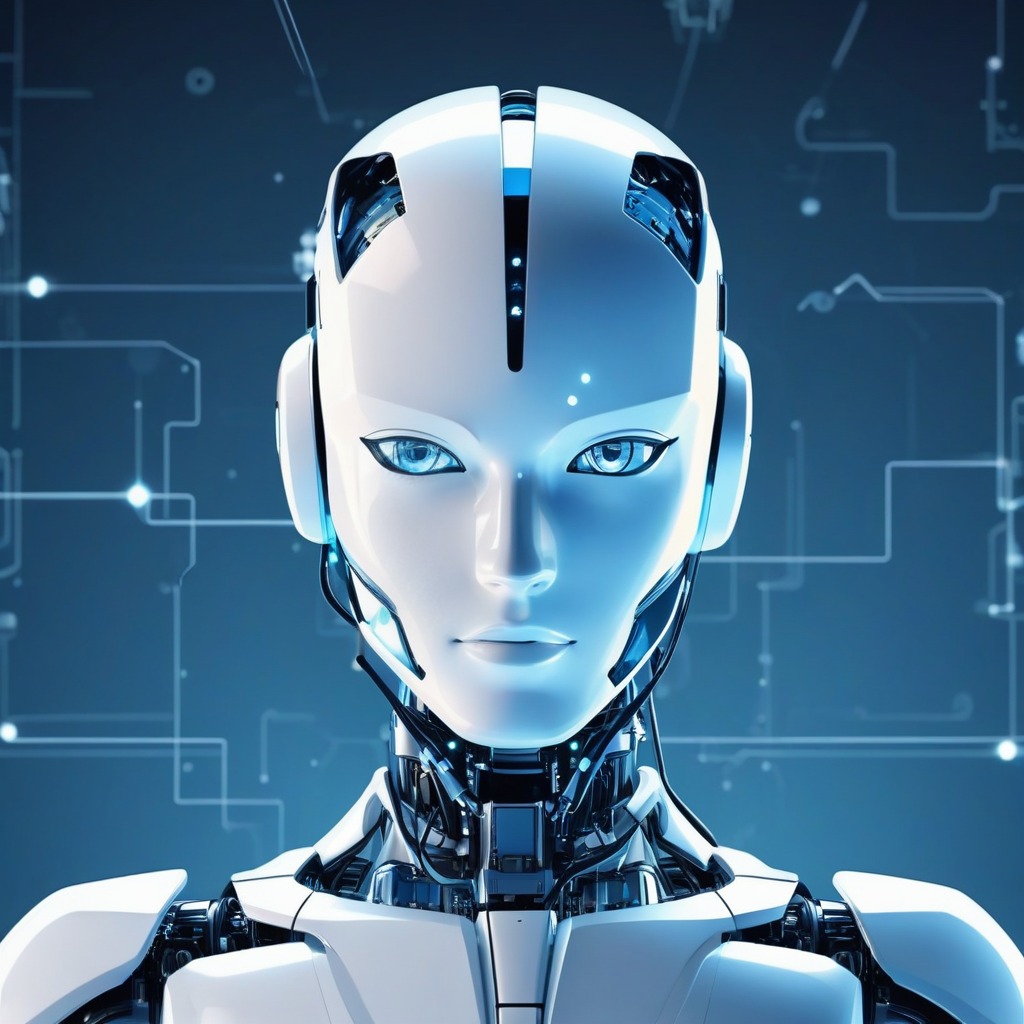What is Artificial Intelligence (AI) exactly ?
Artificial intelligence (AI) is a branch of computer science that aims to create machines that can perform tasks typically requiring human intelligence. These tasks can include learning, reasoning, problem solving, perception, language understanding, and decision-making. AI technology is advancing rapidly and has the potential to revolutionize industries ranging from healthcare to transportation.
At its core, artificial intelligence involves the development of algorithms that enable machines to process information, learn from it, and make decisions based on that information. These algorithms are designed to mimic the way the human brain works, using techniques such as deep learning, natural language processing, and machine learning.
One of the key components of AI is machine learning, which involves creating algorithms that can learn and improve over time without being explicitly programmed. This is achieved by feeding the machine large amounts of data and allowing it to identify patterns and trends within that data. As the machine learns, it can make predictions, recognize objects, and solve complex problems.
Another important aspect of artificial intelligence is deep learning, which is a subset of machine learning that involves using neural networks to process data. Neural networks are designed to mimic the way the human brain works, with interconnected nodes that process information and make decisions based on that information. Deep learning has been used to drive advancements in areas such as image and speech recognition, natural language processing, and autonomous vehicles.
Artificial intelligence has a wide range of applications across various industries. In healthcare, AI technology is being used to improve diagnostic accuracy, develop personalized treatment plans, and enhance patient care. In finance, AI is being used to detect fraudulent activity, optimize investment strategies, and improve customer service. In transportation, AI is being used to develop autonomous vehicles that can navigate roads safely and efficiently.
Despite its potential benefits, artificial intelligence also raises concerns about ethics, privacy, and job displacement. As AI technology becomes more advanced, there is a need for regulations and guidelines to ensure that it is used responsibly and ethically.
In conclusion, artificial intelligence is a rapidly evolving field that has the potential to revolutionize industries and improve the way we live and work. By harnessing the power of algorithms, machine learning, and deep learning, AI technology has the ability to perform tasks that were once thought to be exclusively in the realm of human intelligence. As AI continues to grow and develop, it is important for society to have discussions about how to harness its potential while also mitigating its risks.



